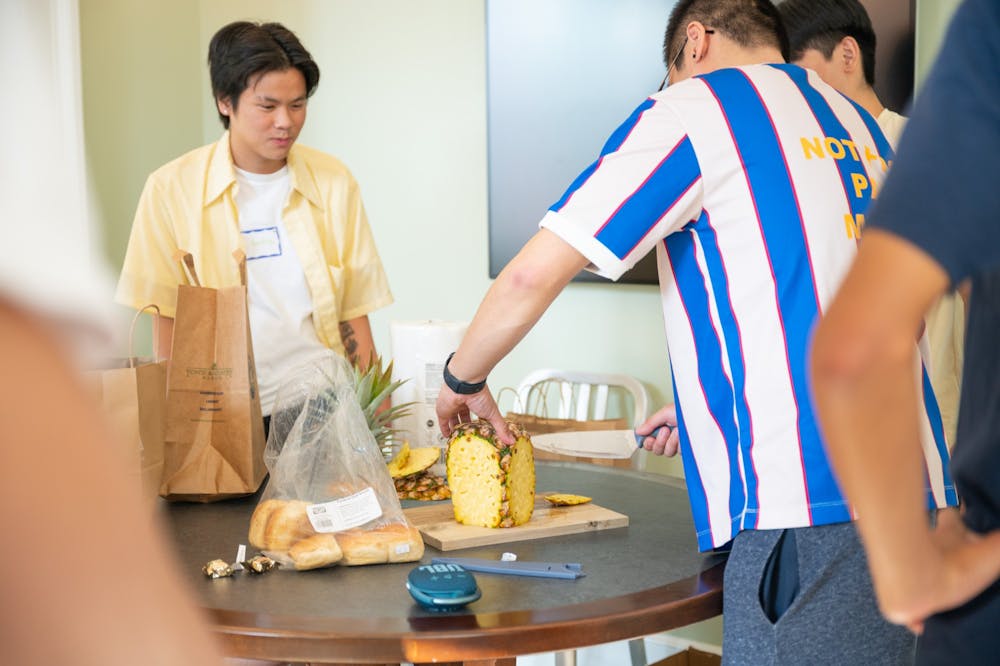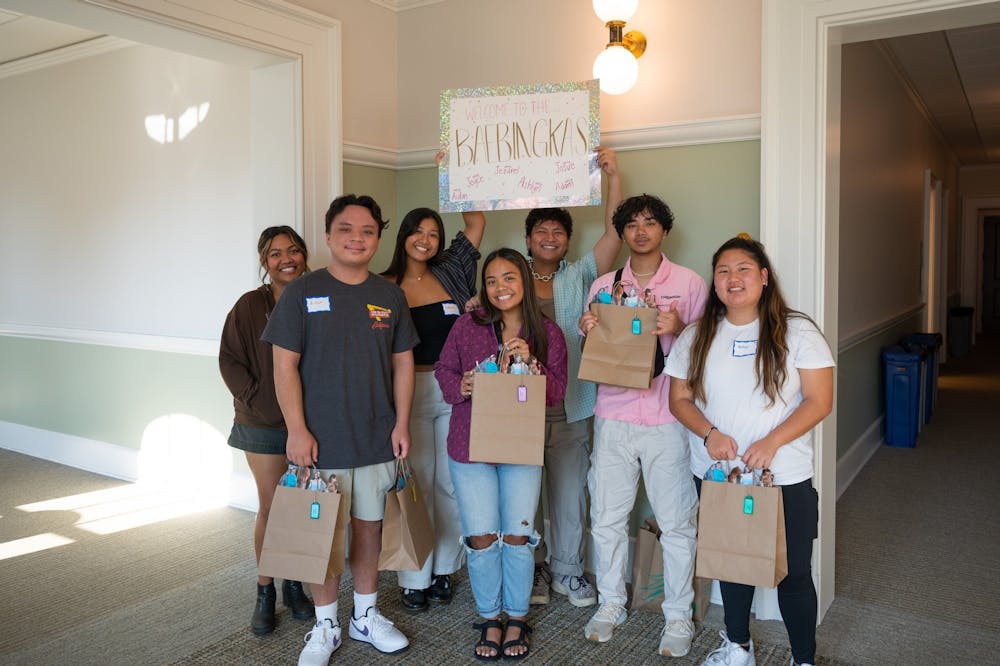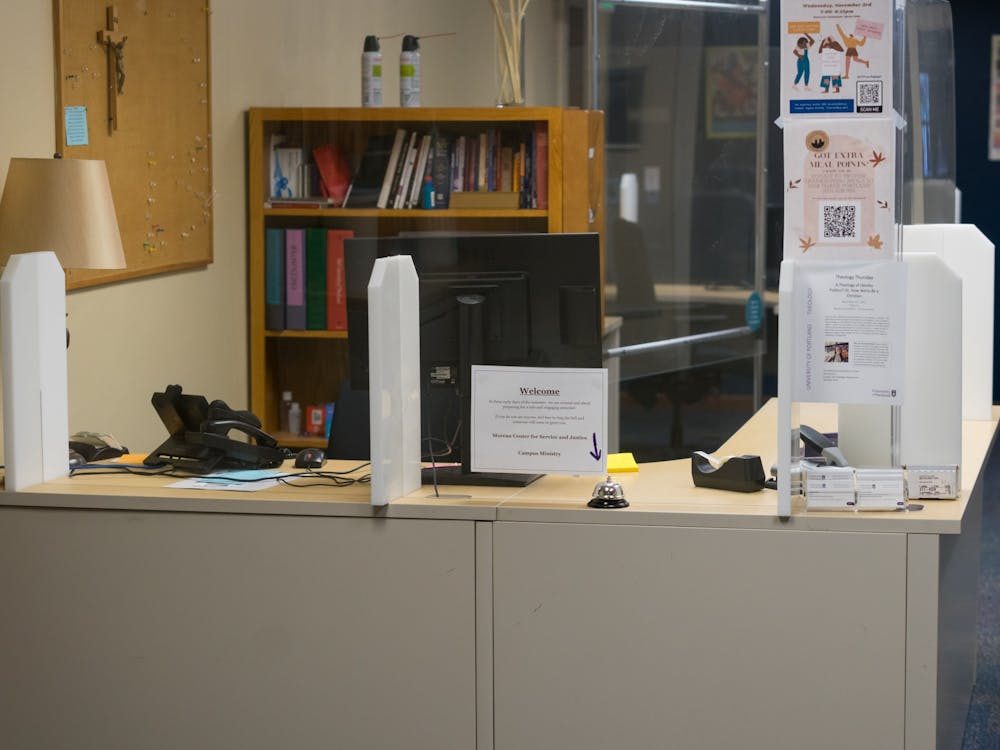Kapamilya is a Tagalog word that means family, a word that many students use to describe FASA.
This year, the Filipino-American Student Association (FASA), celebrates their tenth year as a heritage club on campus. It is one of the most active clubs on campus, hosting events such as Halo-Halloween and Pilipino Cultural Night (PCN), which is held annually in the spring.
Many Filipino-American students come from different states, such as Hawaii and California, where there is a greater Filipino population.
“I didn’t really find myself getting along with a lot of my classmates,” Co-President of FASA, Patricia Monsale said. “FASA gave me a home where I felt like I was heard and understood … they know where I’m coming from and I can also help them feel more welcomed.”
Monsale also touched on the topic of colorism, which is very predominant in Filipino culture. She emphasizes the importance of this issue and how FASA does not shy away from talking about heavier topics.
“I think it’s important to talk about it because it’s part of our history” Monsale said, “ … we had curly hair, we had tan skin and ever since we’ve been colonized, the beauty standards have changed … There is no full definition of what a Filipino is like or looks like, but understanding our history is important.”

To help prevent the identity crisis from happening to members, the Ate Kuya Ading (AKA) family program started up in 2019. “Ate Kuya Ading” translates to elder sister, elder brother and younger sibling. The younger students call the older members in the club Ates or Kuyas out of respect for their seniority over them.
“Last year, meeting my peers for the first time was awesome,” Brent Torres, cultural chair of FASA said, “I consider them actual blood family members … somebody who’s older and there to kind of listen whenever I have problems or just to hang out.”
Former FASA presidents created the program to have an official process for new members to take part in and foster a stronger community for FASA members and a real sense of family.
The COVID-19 pandemic put a pause on student activities, making it particularly difficult for clubs to reach out to members during online learning. However, FASA continued to meet over zoom and new members were able to find a sense of community on campus.
“I think the AKA Fams made things a lot more comfortable for me in terms of integrating myself to college while still in an online setting,” said Torres. “We would have things like Zoom movie nights, Zoom game nights. I didn’t feel too isolated from campus.”
Although the club may seem like it is only for Filipino-Americans, the leaders of FASA want to emphasize that the club welcomes everyone. Anyone is able to participate in events and the AKA Family program.

“I’ve seen a little bit more non-Filipinos join the club, Doctolero said. “They can see that FASA has been more welcoming over the years.”
First and second year students who are still relatively new to campus also feel like they have found a place where they can celebrate their culture.
“FASA is my home away from home,” Denise Santiago, an active member of FASA said. “Being in a place where I have people who also come from the same heritage as me gives me a really great support system.”
Tiffany Marquez Escobar is a reporter for The Beacon. She can be reached at marqueze25@up.edu.









